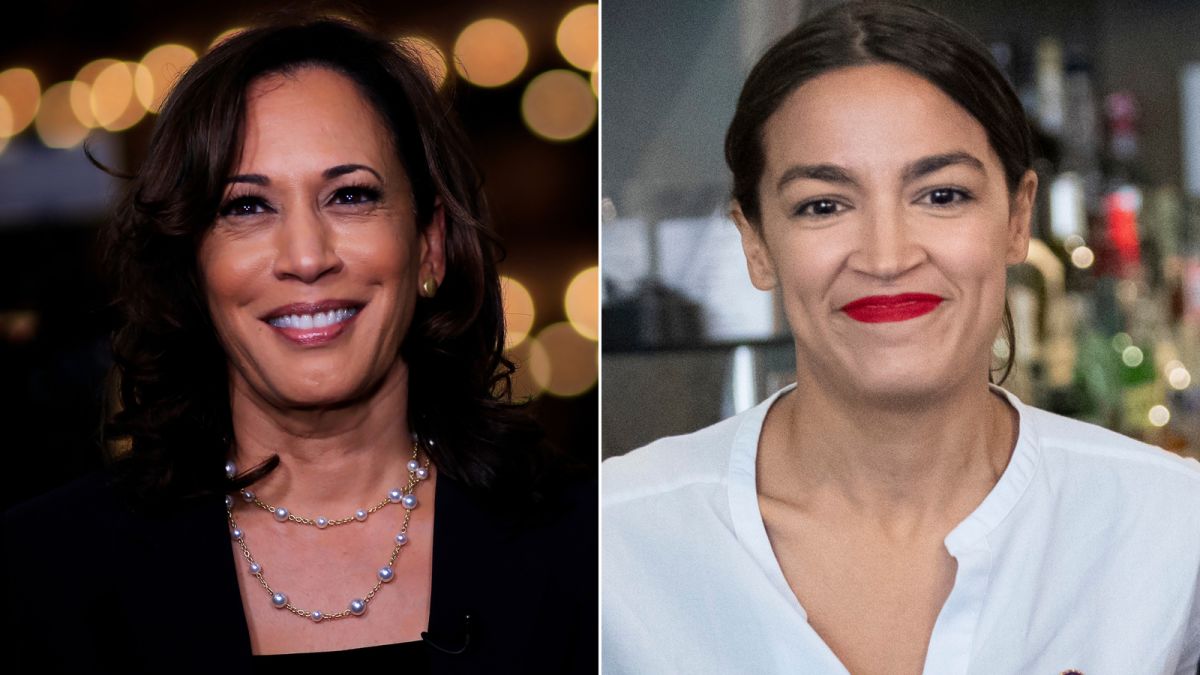
Photo: CNN
The wealth disparity among the population across the United States is growing larger now more than ever over the last few decades. With the unemployment assistance running out and the coronavirus ravaging the job growth across the nation, wealth disparity is more critical now, especially with the reality of students not returning in person to schools across the U.S. this academic year.
Parents of low income to medium incomes will have a great challenge on their hands. Where do their children stand? Who will watch/monitor them to do their studies? Who has adequate bandwidth in their houses to accommodate all children supported in a given house? The reality is that the questions will undoubtedly grow the wealth disparity gap larger this year. What to do?
Is there any sign of help?
Is society doomed?
One positive note is legislation which ties wealth disparity to climate justice (i.e., climate change, about income inequality). Senator Kamala Harris joined Senator Alexandria Ocasio-Cortez introduced legislation called The Climate Equity Act. The bill is designed to give importance to low-income communities concerning environmental legislative decisions.
The hallmark of the legislation is centered around the creation of the Office of Climate and Environmental Justice Accountability. The newly created office would reside within the Office of Management and Budget. Any environmental legislative decision must take into account the impact on low-income communities. For example, if a city lets a corporation open a factory near a community, is there going to be an adverse impact (health or economic) on the community?
Finally, low-income communities are being inserted into the equation of consideration for a project. Over the past few decades, industries have flourished within cities at the health (and economic) expense of low-income communities. The factories are built-in the proximity of communities that have to bear the brunt of deadly emissions or poisons migrating throughout their soil.
The result is pollution that disproportionately impacts the low-income communities while the rest of the city benefits from the profits and recognition of hosting the industry in their geographic region. Hopefully, this legislation levels the playing field among industry and wealth disparity.
News of the new legislation is a shining beacon of hope among low-income communities during a time of disproportionate loss. Latino and African American residents are three times as likely to contract the coronavirus than white residents are. Part of this is due to not being able to quarantine during a time of the pandemic. Although, one could argue that the coronavirus, climate change, and other potential disasters are bringing to light the reality of wealth disparity in the United States.
The time has come to take action. The present year is an election year. Amidst the pandemic, let's as a nation take advantage of the opportunity to change for the better as a nation. Consider the wealth disparity and pull together to narrow that lengthening gap. We can do it.
No comments:
Post a Comment